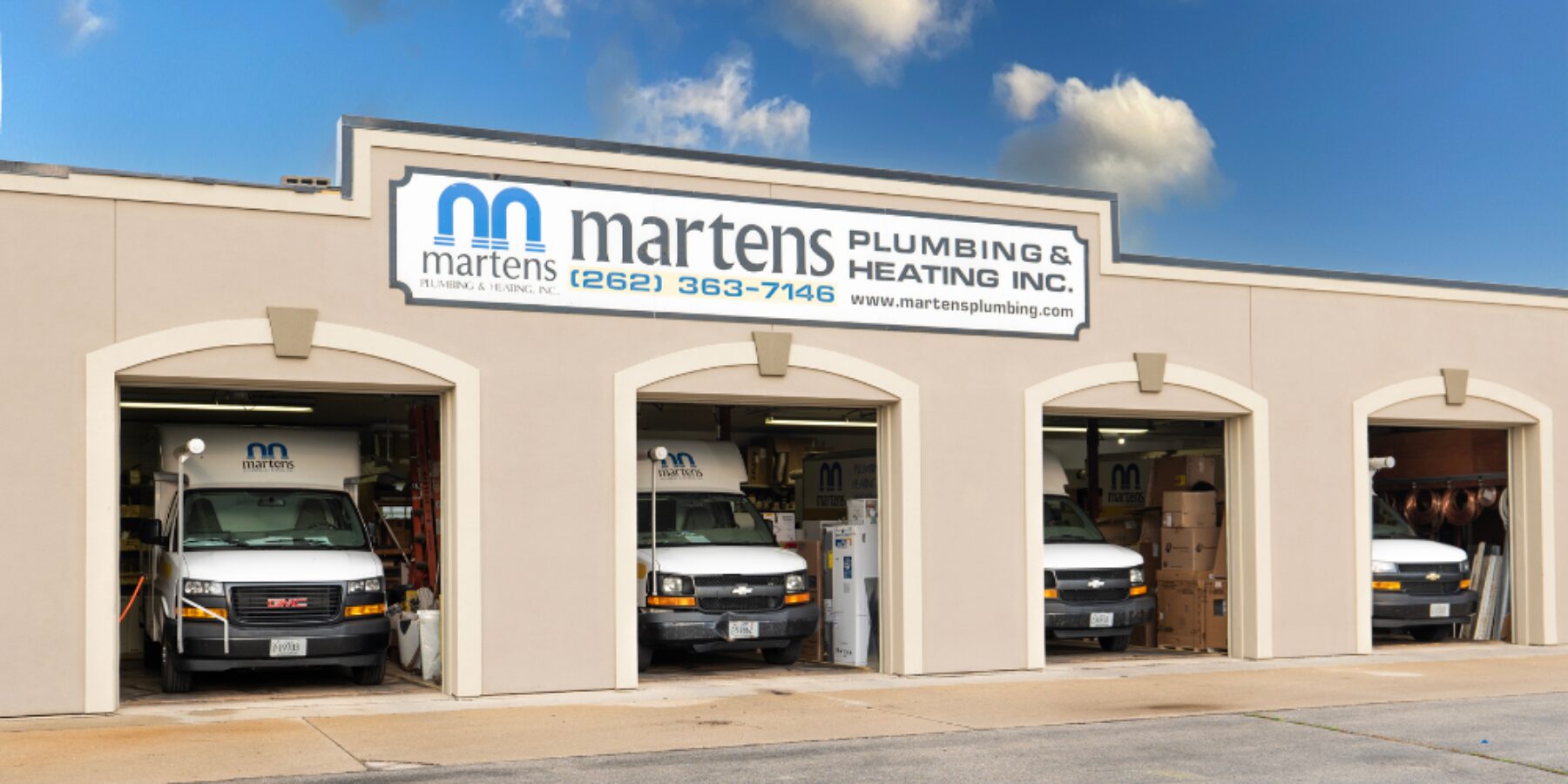When to call an HVAC expert
May 5, 2025

When to call an HVAC expert
Even if you’re an accomplished DIY-er, trying to handle repairs to your HVAC system is strongly discouraged. Complex HVAC systems call for specialized tools, and repair can involve risks of electrical issues, short circuits … even potentially explosive gas leaks. Having one of our expert technicians install your system and perform repairs is the best way to make sure your system is exactly what you need for your home and that it’s fixed safely. Plus, many manufacturers require installation and repair be handled by licensed contractors. Trying to do it yourself might just void your warranty.
Regular maintenance reduces the risk of major repairs down the line. While there are some basic checks you can do yourself, our Peace of Mind Protection Plan offers a much more thorough, professional, and systematic inspection.
Regular maintenance
Inspect your units: Look over your furnace and air conditioner for damage or loose parts. If you have a gas furnace, look for cracks. If you see any, call a specialist immediately. Cracked heat exchangers can result in hazardous carbon monoxide leaks.
Keep your AC unit clean: Clear away debris from around your outdoor unit; check for fresh debris throughout the summer. Cover the unit in winter.
Change filters: Most filters should be changed every 1-3 months.
Inspect your vents: Remove vent covers and shine a flashlight into the duct. If you see larger debris, noticeable damage, or signs of pests, call a professional.
Troubleshooting
If your heater isn’t heating, your AC isn’t cooling, the temperature is inconsistent throughout your house, or the airflow is weak, check the following things first:
Thermostat: Make sure the thermostat is on and set properly.
Filters: Check to see if your filter is clogged.
Furniture: Make sure furniture isn’t blocking the air vents.
Circuit breaker: Check and see if the circuit breaker has tripped.
For furnaces, check that the pilot light is lit and that the gas meter is on.
When you should call us
Once you’ve gone through your troubleshooting checklist, it’s time to call in our experts. Here are some signs of trouble that will require professional diagnosis and repair:
Noises: No HVAC system is silent, but odd noises are a warning sign. Listen for banging, clanging, whistling, screeching, gurgling, or clicking. Clanging and banging could mean parts have come loose, and a loose component can cause damage. If you hear hissing, check that the filter is correctly fitted. If your AC is making a rattling sound, make sure leaves and twigs aren’t stuck inside your unit. Beyond those simple checks, call us.
Smells: An electrical, burning, or musty odor from the units or the vents is a sign there’s something wrong. If you smell burning, or gas, shut off the unit and call us immediately.
Sudden spike in energy bills: Fluctuations in energy usage are common, but a sudden, rapid change is unusual.
Frequent cycling: If your system is turning on and off more than usual, it usually indicates an underlying issue. One of our technicians can determine the cause.
Water leaks around an AC unit
AC producing hot or humid air
Cracks in a gas furnace
Loose wires or frost on an exterior AC unit
The best way to avoid major problems is to have our technicians perform annual inspections of your HVAC systems, which will ensure your system is working properly and is well maintained and will catch any issues before they require major and costly repairs. To ask about our Peace of Mind Protection Plan or schedule an inspection or repair, call us at (262) 363-7146.